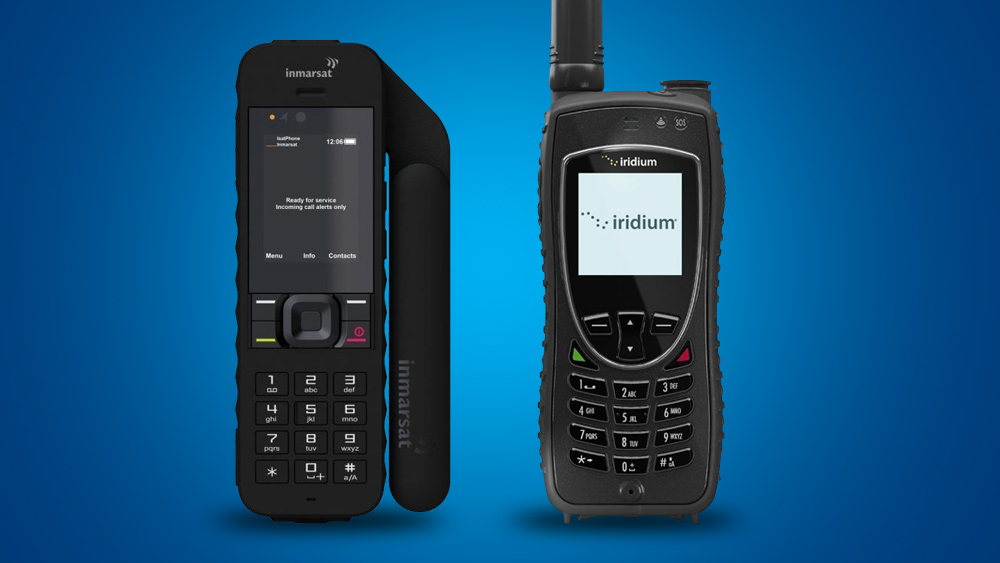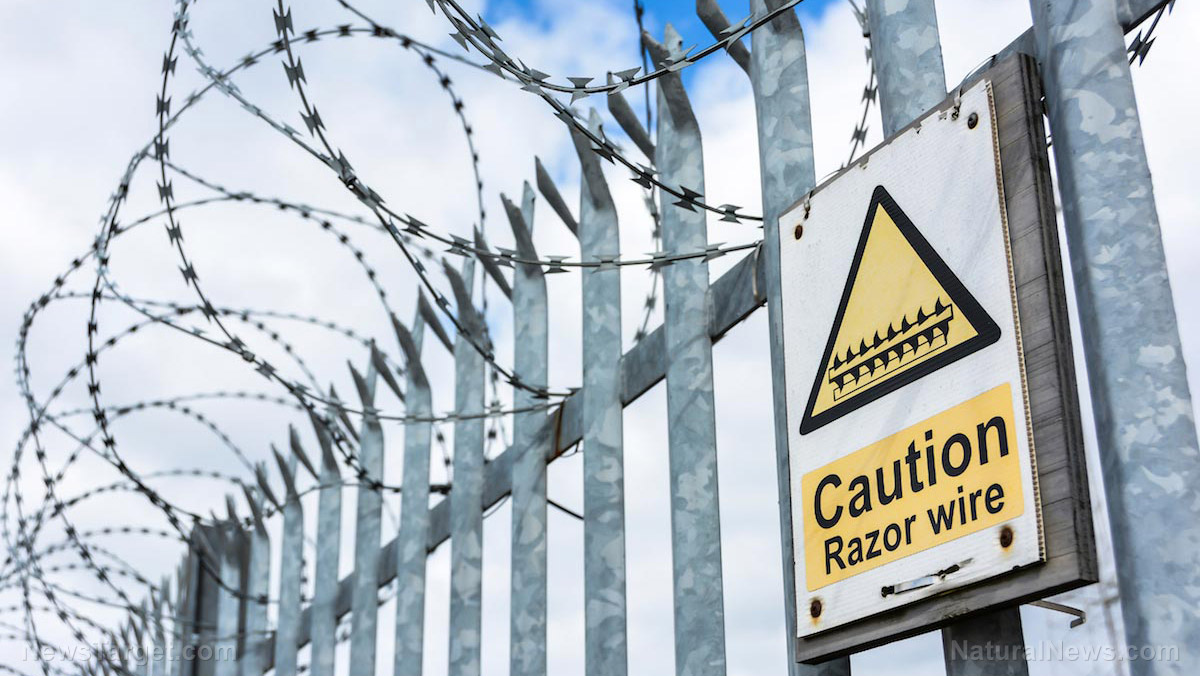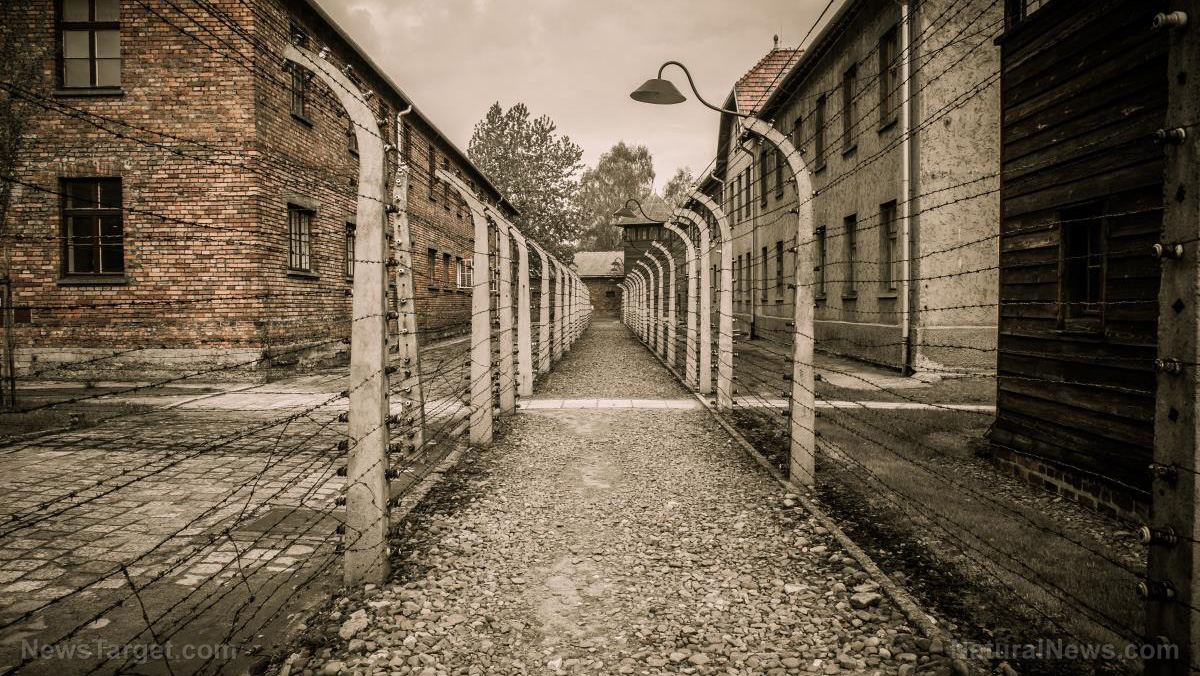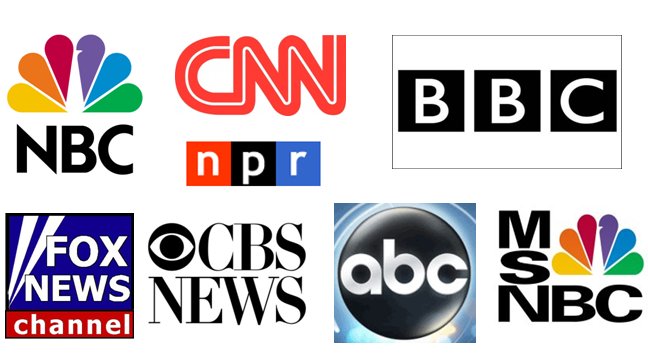 Parler
Parler Gab
Gab
Deadliest U.S. wildfire in over 100 years
Last year's Maui wildfire stands as the deadliest U.S. wildfire since 1918, when the Cloquet Fire in northern Minnesota claimed 453 lives, according to the National Fire Protection Association (NFPA). The most fatal wildfire in U.S. history occurred in 1871 in Wisconsin, known as the Peshtigo fire, which claimed 1,152 lives. This tragic event, which claimed over a hundred lives, surpasses the toll of any disaster on the islands since a tsunami took 61 lives in 1960, a year after Hawaii became a U.S. state. (Related: Maui wildfires continue to expose government’s FAILURES and QUESTIONABLE decisions.) The Lahaina fire also caused destruction or damage to over 2,200 buildings, with 86 percent being residential structures, as per assessments by the University of Hawaii's Pacific Disaster Center (PDC) and Maui Emergency Management Agency. Rebuilding Lahaina is estimated to cost $5.5 billion, with FEMA approving over $7 million in assistance to over 2,200 households. Wildfire damages are escalating in the U.S., totaling $29 billion in 2018, with 18 separate billion-dollar weather and climate disaster events in 2022, according to the National Oceanic and Atmospheric Administration. The economic fallout from the wildfires is expected to impact tourism, a cornerstone of Maui's economy, constituting 40 percent of it. Concerns have been raised by Maui residents about the adequacy of alert systems. Witnesses reported minimal warning, with sirens, designed to alert of impending disasters, remaining silent. Power and cellular outages further hindered communication and alerts. Hawaii Governor Josh Green has committed to investigating the emergency response and notification systems. Watch this report about what really happened in Maui. This video is from the GalacticStorm channel on Brighteon.com.More related stories:
Maui wildfires: Lawsuit accuses Hawaiian Electric of negligence resulting in wrongful deaths, severe injuries and damages to property. LAND GRAB: Hawaii government to confiscate lands burned by deadly Maui wildfires. Behind secrecy barriers, EPA begins removal of toxic materials in areas devastated by Maui wildfires. Sources include: HawaiiNewsNow.com Reuters.com Brighteon.comBritish army chief calls for creation of “citizen army” amid rising threat to the U.K.
By Richard Brown // Share
By News Editors // Share
Governments continue to obscure COVID-19 vaccine data amid rising concerns over excess deaths
By patricklewis // Share
Tech giant Microsoft backs EXTINCTION with its support of carbon capture programs
By ramontomeydw // Share
Germany to resume arms exports to Israel despite repeated ceasefire violations
By isabelle // Share










